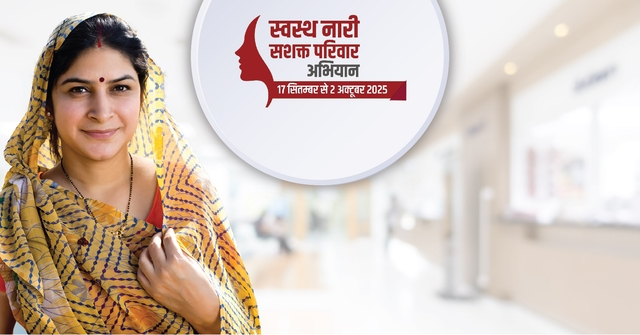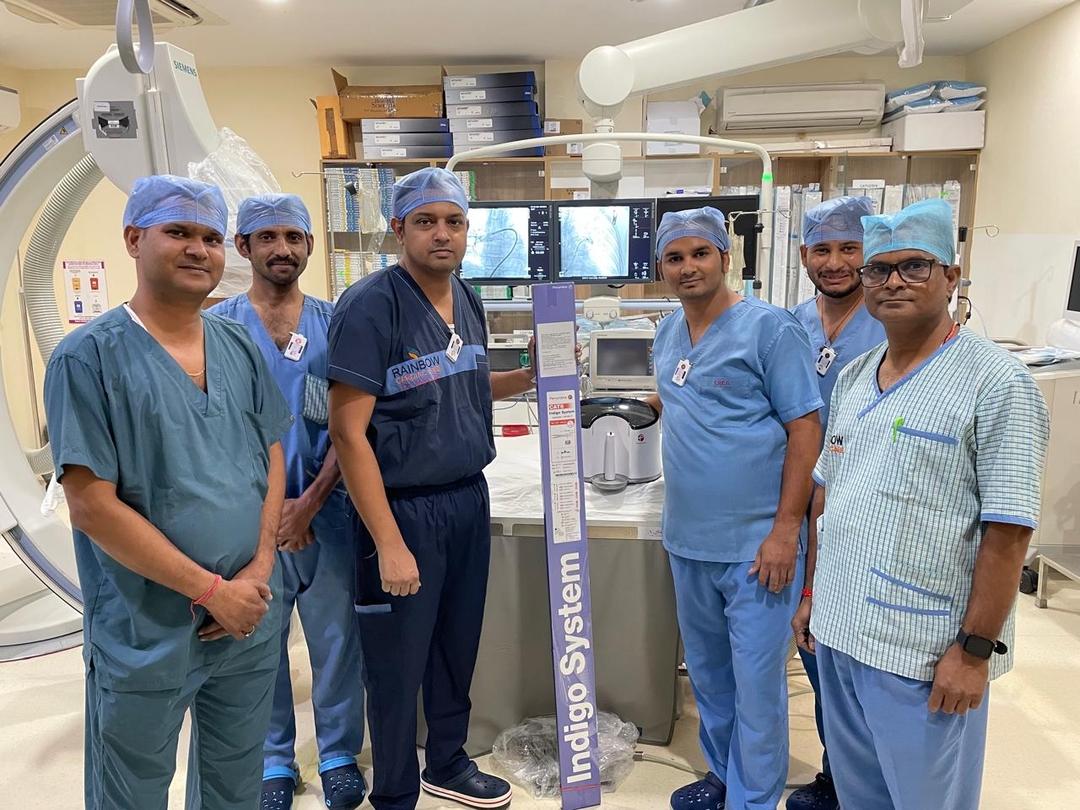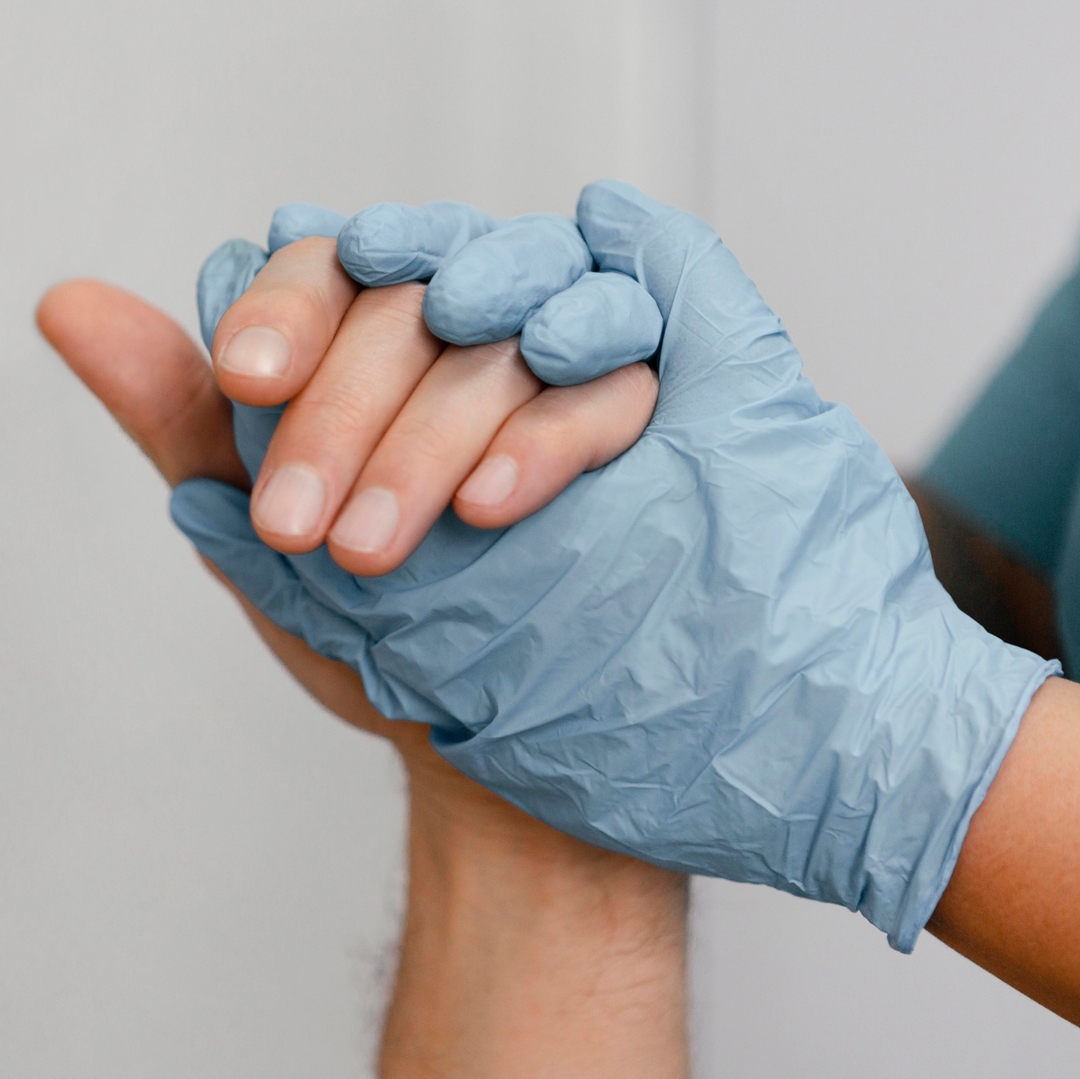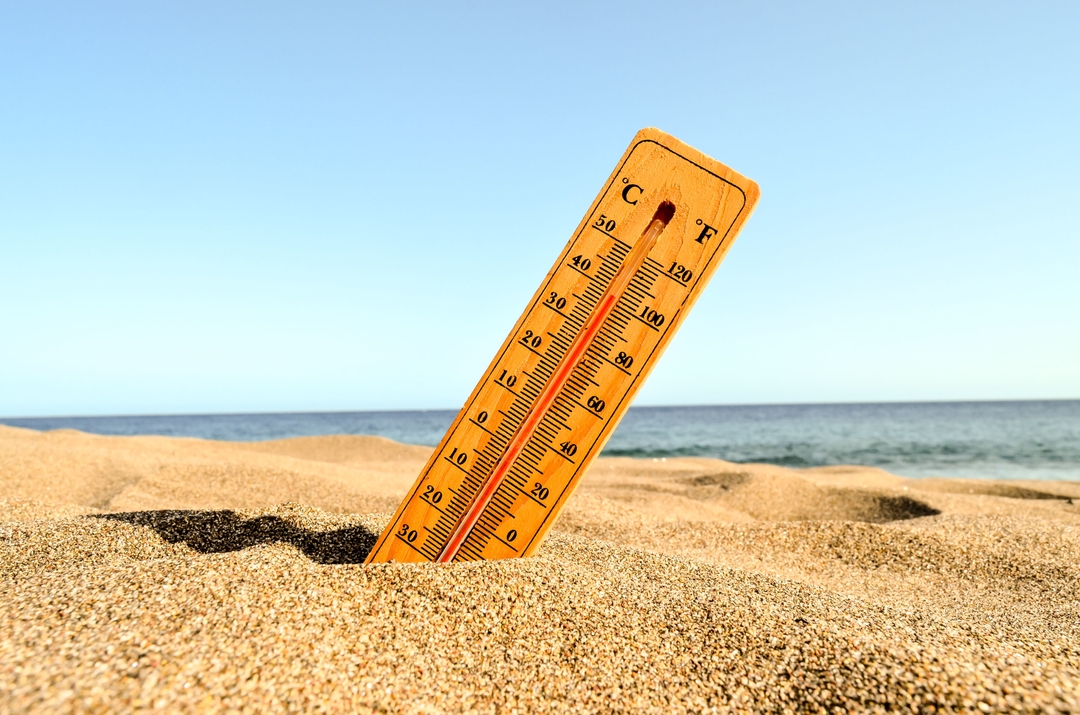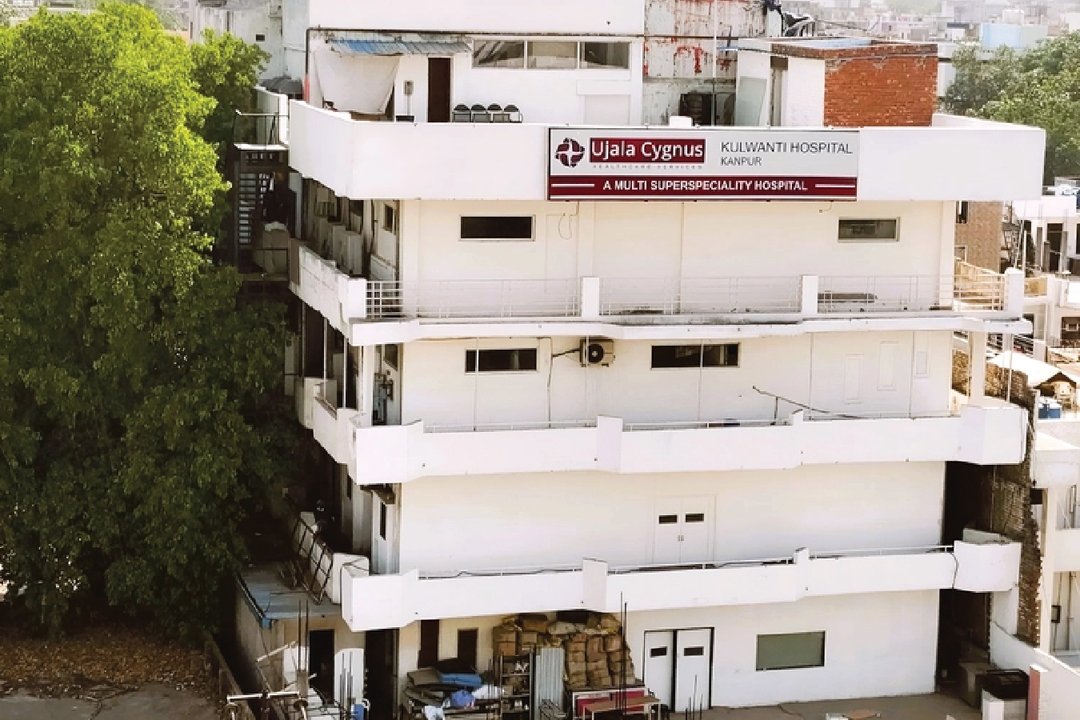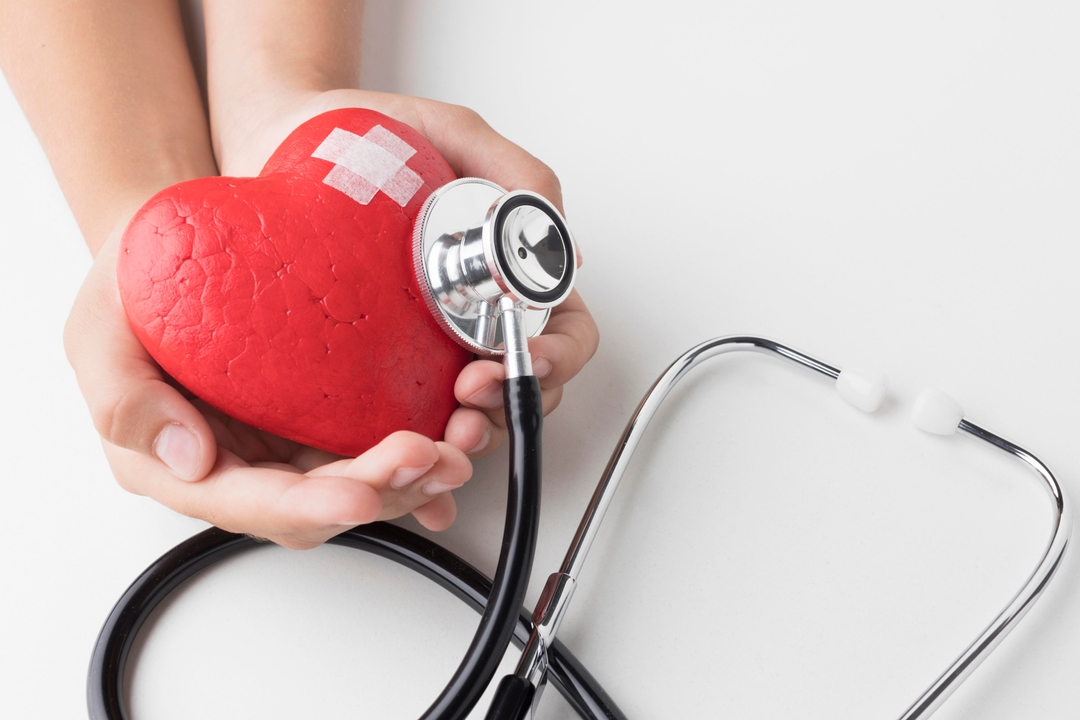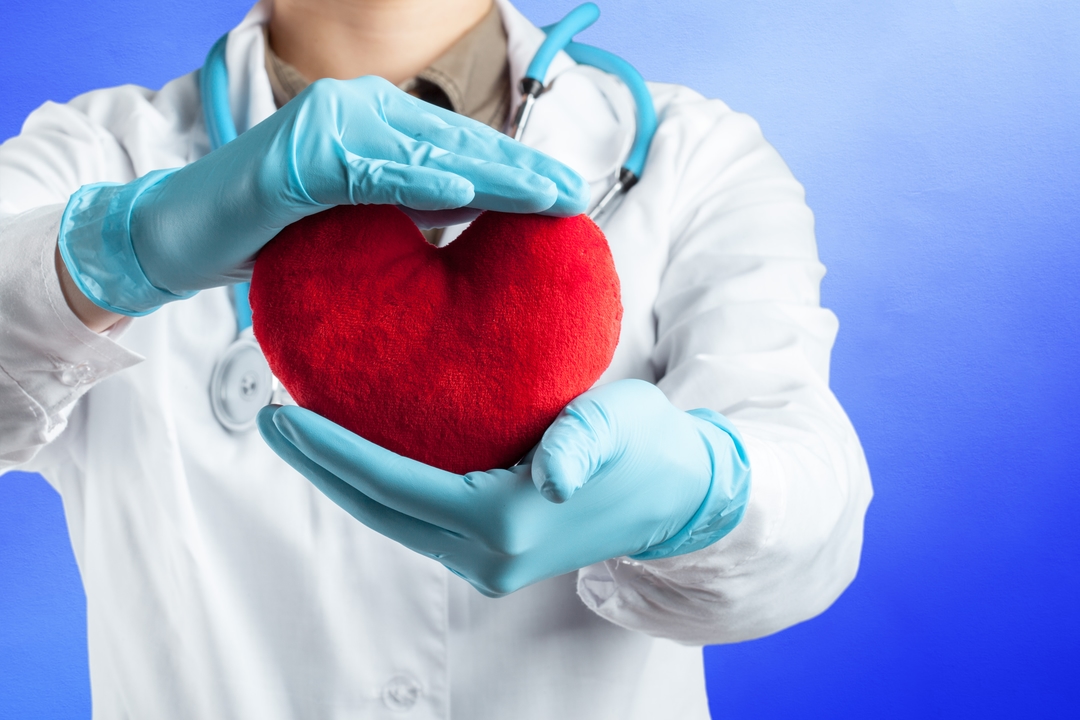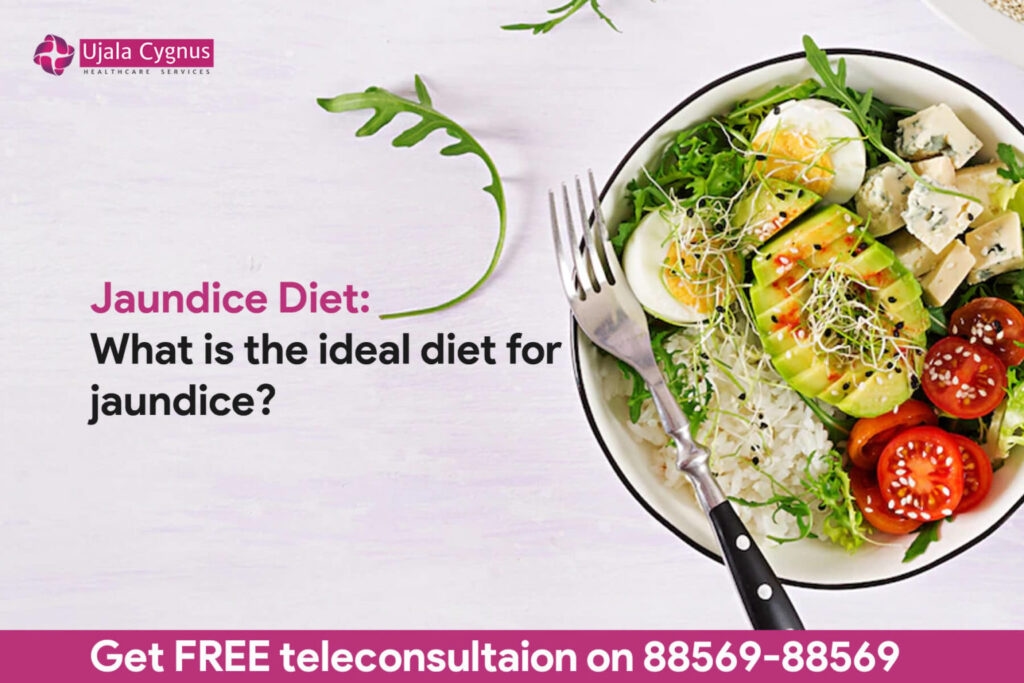
Jaundice Diet: What is the ideal jaundice diet?
By Ujala Cygnus
Reviewed by : Jalaz Jain
May 6, 2022
During digestion, the fats in the intestine break down, and the liver aids in producing bile in the breakdown of fats. Other liver functions include digesting most dietary nutrients and toxins. On the other hand, different nutrients and chemicals are digested and metabolized differently.
The liver has to work harder when food is difficult to digest. Toxins, such as alcohol and other drugs, cause harm to liver cells during metabolism.
People with jaundice should take care of the food and beverages they consume. As Jaundice is often associated with degrading liver health, eating a proper diet helps speedy recovery.
Let’s know about superfoods for a jaundice patient.
What is the ideal jaundice diet?
When you have jaundice, your foods can help you recover faster. Your body will heal faster if you take the proper diet.
To do so, include the following Jaundice foods and drinks to eat:
A person suffering from the illness is advised to consume at least four liters of water every day. Buttermilk, clear fluids, dal water, coconut water, and chicken broths are all beneficial to the health. When diagnosed with jaundice, one should begin with a clear liquid diet every two hours.
You must read this to Learn More About Jaundice
To recover from jaundice below is an ideal diet chart to follow
The underlying cause of jaundice in adults will determine the course of treatment. Acute hepatitis is short-lived; however, chronic hepatitis can endure for more than six months. A person with hepatitis-related jaundice should follow a strict diet for the duration.
It’s necessary to keep in mind that a child’s jaundice diet should include plenty of clear fluids, turmeric, lemons, beets, and other nutritious fruits and vegetables. So that the youngster does not become weary, meals should be small and frequent. Make sure that your child’s food is prepared in a sanitary manner. Allow them to consume cleansed or boiled and cooled water. Consider getting your child vaccinated against hepatitis because prevention is always better than cure.
The Jaundice diet chart for patients is as follows:
For an adult, jaundice can be exhausting. When children are affected, they suffer significantly more and require special attention. The right food choices, lots of rest, and a little physical activity can improve liver function and aid recovery. Remember not to lose faith, especially with chronic hepatitis, as it is a long road to recovery. Make sure you take care of your body so it can take care of you in the future.
Add all the food items mentioned above if you have jaundice. If you have any doubt regarding the ideal diet chart, you can consult our expert dietician for FREE at 88569-88569
Frequently Asked Question (FAQs)
Yes, milk is helpful during jaundice. When you have jaundice, you should increase your carbohydrate intake; sugar and its components are good sources of carbs. However, use toned milk instead of skimmed milk.
Suva Masoor Dal is good for jaundice. Eat dals, but without the fat and masalas. They are required for liver cell repair and regeneration.
Ujala Cygnus Healthcare Group has 16 hospitals. Kanpur, Rewari, Kashipur, Varanasi, Sonepat, Panipat, Kurukshetra, Nangloi in Delhi, Rama Vihar in Delhi, Kaithal, Bahadurgarh, Karnal, Moradabad, Haldwani, and Agra.
You can book an appointment at your nearest Ujala Cygnus Hospital for any health issue treatment. For any query, you can give a missed call on 88569-88569 and get a free consultation over the phone .
Loading...

